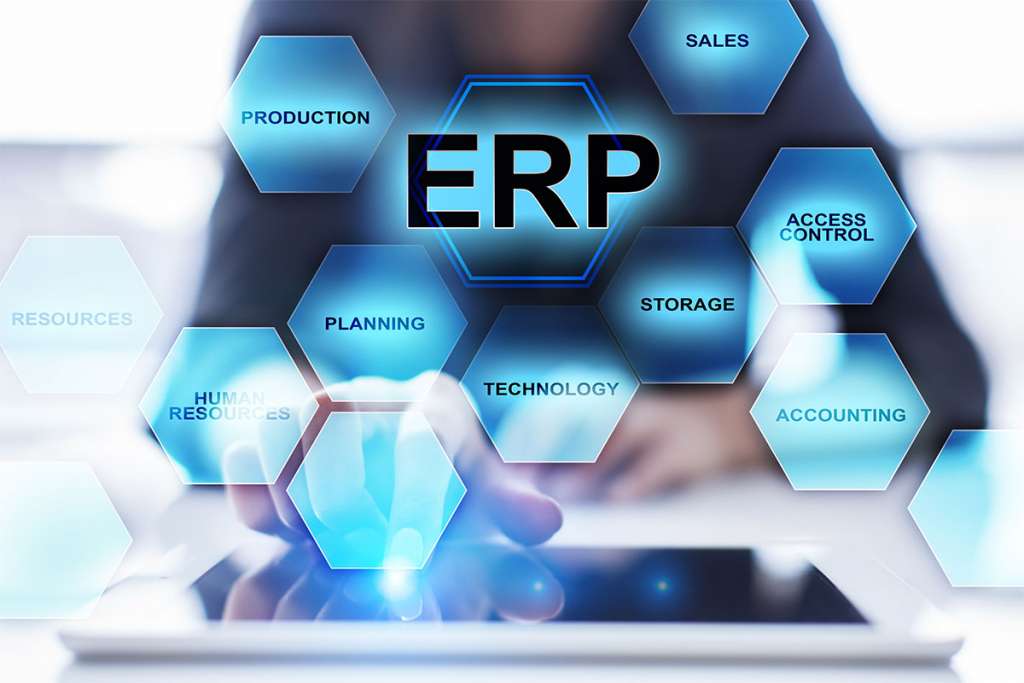Share This Article
ERP system: types and purposes of use
An ERP system is a system for managing and organizing business processes. The purpose of its implementation is to optimize labor and financial resources. This tool creates a single space for improving the efficiency of the company by providing special software and applications.
At a certain stage of development, business owners think about the implementation of ERP. The very concept involves the ability to plan a strategy, as well as the allocation of resources so as to ensure the effective functioning of all units of the company. ERP takes into account not only a financial component but also material and human resources.
The concept of such systems is quite extensive and they come in various forms. This includes CRM, which helps to organize the work with customers properly. Such a system structures all data combines them into a single database and provides convenient tools for their processing.
Another type is CPM – a system designed to improve business efficiency. It enables the automation of the processes in the sector of strategic and financial planning.
HRM system deals with personnel management and productivity improvement.
EAM helps to automate equipment operation and optimize the efficiency of operation.
EDMS software simplifies document management and helps systematize the database.

Often companies use several different systems, for example, for financial and material accounting, as well as electronic document management. Such programs work in isolation, which increases the risk of losing important information. Missing or inattention may lead to the fact that the company will make a wrong decision during the planning process, or the analysis data will be distorted. To avoid such a situation, it would be best to use a single system for all processes. An excellent solution is ERP, it includes tools for managing production and business processes, planning, management, and much more. ERP system structures a huge amount of data, which is generated by employees, discards unnecessary information, and saves significant ones.
Despite the fact that many experts insist on using ERP, there’s a bit of a difference to be made here. The fact is that buying a package does not mean that the efficiency of the company will immediately increase. It should be understood that business success is more or less built on employees, and they are not always happy about innovations. This is also true for ERP systems. The introduction of new programs or approaches always entails a number of difficulties, primarily related to the non-acceptance of innovation by the team. Before migrating to ERP it is extremely important to explain to employees the purposes of changes, their benefits for them, and for the company as a whole. In addition, it is necessary to lay down a certain period of time for the transition period, during which there will be difficulties with the system, its acceptance. Most often ERP approach will be effective for medium and large businesses.

